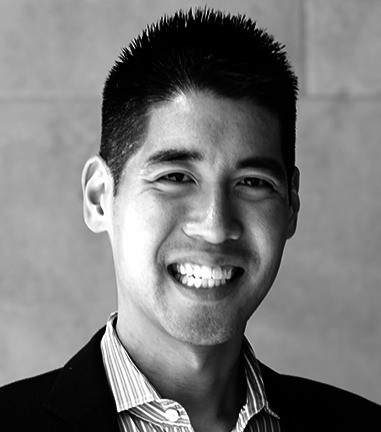
“There’s one doctor who’s not very prominent … in promoting vaccinations and public health campaigns, and it feels like that one doctor is the Chief Medical Officer of Health, who could be standing here, who could be offering weekly updates.”1
Those words from Dr Adil Shamji, the Ontario Liberal Party’s health critic, in December 2022 might easily have been dismissed as political theatre. What I saw, though, was yet another regrettable lack of collegiality in public shown by one physician to another. In this case, the target was Dr Kieran Moore—a physician and civil servant with his own specialty training and mandate and the autonomy to determine how best to protect the health of Ontarians.
Sadly, though, many more examples abound across the country.
I understand that the pandemic has left the medical community with immense fatigue and frustration, such that we are not always our best selves. I have taken solace in knowing that most of the medical community came together during this critical period, covering for colleagues who had fallen ill and bringing their energy and talents to support emergency responses and vaccination efforts.
Yet, it is clear that, at a time when we need it most, collegiality is in short supply.
During the pandemic I saw first-hand how public health physicians, mandated to advise elected representatives, became targets simply by being in the public eye. Some physician colleagues from other fields were among their most vocal critics—providing unvarnished and sometimes incendiary opinions on social and mainstream media, pushing harder when they felt they were not given due consideration.
It is worth noting that many of these doctors were neither involved in pandemic leadership roles nor public health specialists—yet they continued to comment without considering the consequences of their actions.
While such comments are disturbing and becoming more common, I am grateful that such examples of incivility were counterbalanced by far more instances of physicians working collaboratively and respectfully with public health leaders to achieve shared goals. In truth, my decision to return to family medicine leadership was in part driven by a desire to remove myself from that never-ending barrage of negativity. Unfortunately, my role has now brought me back to how the dearth of collegiality is affecting family doctors in Canada, exacerbating the burnout and bitterness they feel.
Some examples are public, such as when Dr Bob Bell, an orthopedic surgeon and a former deputy health minister in Ontario, shared an overly simplistic analysis of primary care access challenges on a national podcast in 2022.2 Dr Bell’s comments included a statement that family physicians “may not be in the office as much as their patients want them to be.”
Other examples are insidious, everyday irritants. Many CFPC members have personally reported to me that despite overwhelming burdens—such as onerous piles of nonclinical paperwork that consume vast chunks of their days—they are seeing more and more patients “turfed” back to them by other specialists for assessments, tests, and investigations that would ordinarily be part of the care those colleagues provide. This, while we confront an unprecedented health human resource crisis in our communities—especially in rural and remote areas.
We need to get back to basics.
As a community, physicians should be sticking up for each other and trying to make each other’s lives easier. We should be approaching each other with humility and empathy rather than criticism, and with deep respect and esteem for each other’s expertise, intellects, and scopes of practice. Barbs and jabs do not help. Turfing does not help. These set us all back, much to the detriment of our patients.
At this time of crisis across our health care systems, particularly in the family medicine and public health spaces that are key to keeping people out of the acute care system, the last thing we need is to battle each other. It is more important than ever for us to take care of each other so we can continue taking care of our patients and communities.
Acknowledgment
I thank Eric Mang for his review of this article.
Footnotes
Cet article se trouve aussi en français à la page 145.
References
- 1.Dr. Adil Shamji to discuss the serious state of Ontario’s healthcare system at 10:30 a.m. CHCH News 2022. Dec 15. Available from: https://www.youtube.com/watch?v=ikbQ3ImuovA. Accessed 2023 Jan 27.
- 2.Why getting in to see a doctor is so hard in Canada. In: The Decibel. Toronto, ON: Globe and Mail; 2022. Available from: https://pod.link/thedecibel/episode/ea5192d86f52ff20560e219bebce130c?utm_source=twitter&utm_medium=twitter_moment&utm_campaign=decibel_healthcare. Accessed 2023 Jan 23. [Google Scholar]


